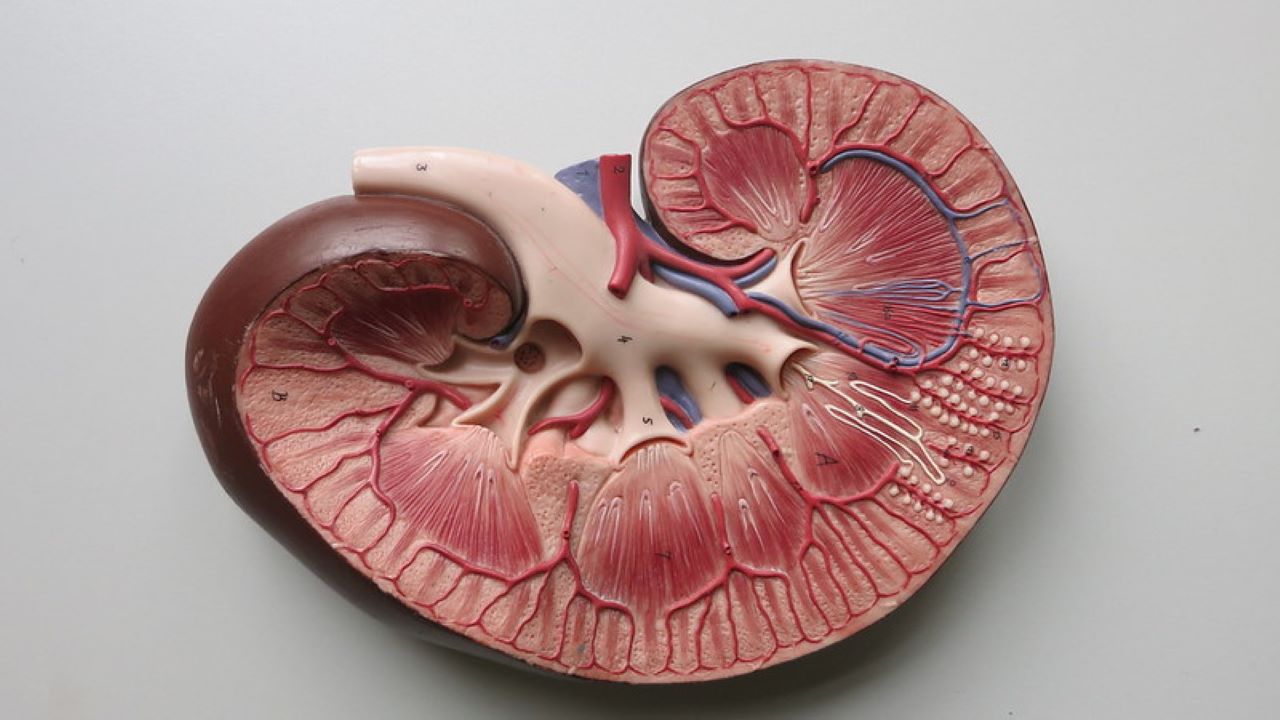
Biopharma firm Palladio Biosciences has dosed the first patient with a novel vasopressin V2 antagonist, lixivaptan, in The ALERT Study.
The study will assess lixivaptan’s safety in autosomal dominant polycystic kidney disease (ADPKD) patients who have discontinued therapy with tolvaptan due to liver toxicity.

Discover B2B Marketing That Performs
Combine business intelligence and editorial excellence to reach engaged professionals across 36 leading media platforms.
ADPKD is a common type of polycystic kidney disease characterised by uncontrolled growth of fluid-filled cysts in the kidney.
The study is currently enrolling ADPKD patients aged between 18 and 65 in the US.
Liver safety of lixivaptan in the patients receiving the treatment for up to 58 weeks will be evaluated as the study’s primary objective.
Palladio Biosciences founder and chief operating officer Lorenzo Pellegrini said: “This study will continue to build on the safety profile of lixivaptan.

US Tariffs are shifting - will you react or anticipate?
Don’t let policy changes catch you off guard. Stay proactive with real-time data and expert analysis.
By GlobalData“This study will add to the safety data from the PA-103 clinical study recently presented at the American Society of Nephrology meetings, in which lixivaptan was administered safely for 14 months to a patient who also had previously discontinued tolvaptan due to elevated liver chemistry tests, an indicator of liver toxicity.”
Tolvaptan is the only drug approved by the US Food and Drug Administration (FDA) for the treatment of ADPKD in the US.
In a previous in silico modelling study using DILIsym, lixivaptan showed a more favourable profile compared to tolvaptan with respect to the toxicity mechanisms.
DILIsym is a quantitative systems toxicology model of drug-induced liver injury (DILI).
This data suggests that lixivaptan has a lower risk of hepatotoxicity in a clinical setting.
Moreover, Palladio is progressing preparations for a global Phase III registration study, which will enrol approximately 1,200 ADPKD patients.





